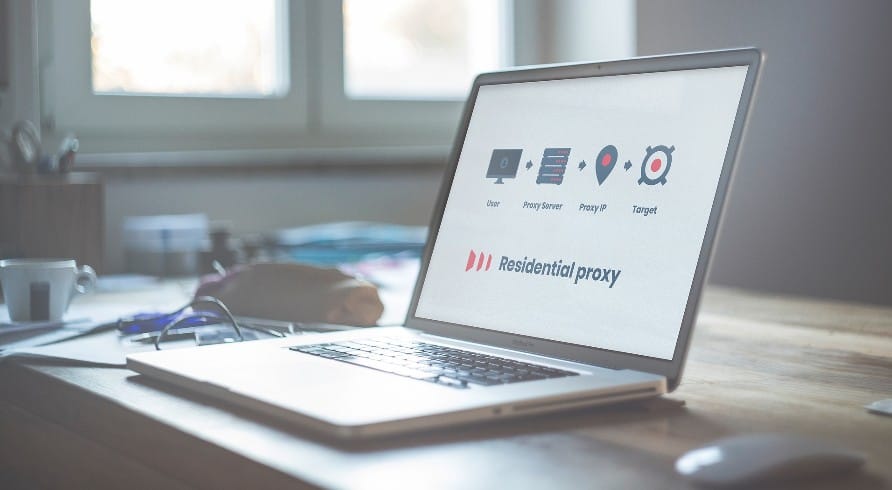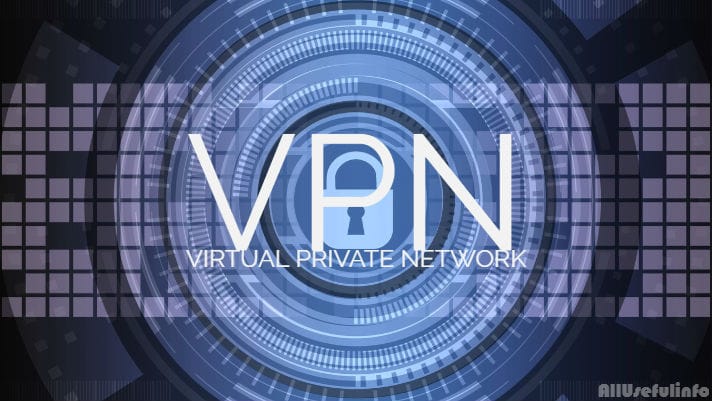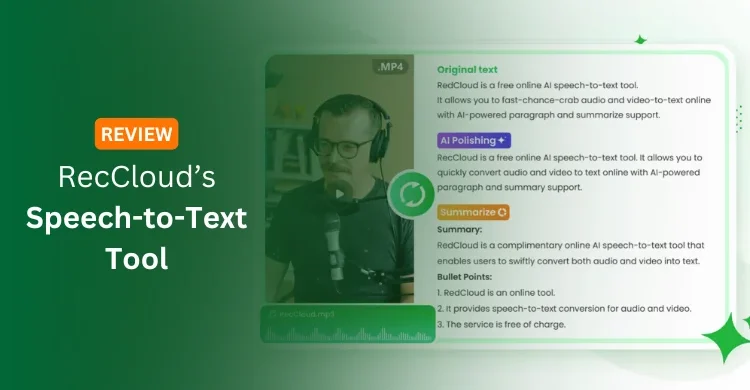
Web scraping simply means extracting data automatically from the web. After extraction, you can export this data to a usable format, such as JSON or CSV.
But how do you collect data from hundreds of websites without exhausting your manual resources and time? Proxy servers help.
Proxy servers send requests to destination servers on your behalf. In doing so, they achieve a few things. First, they help you send a massive number of requests in a short time. Second, they mask your IP address to avoid IP restrictions and CAPTCHAs.
Now let’s come to the million-dollar question: how do you select the best proxy for web scraping? Here’s our explanation.
Small-Scale to Mid-Scale Web Scraping
Let’s preface this section by explaining what we mean by ‘small-scale’ web scraping. Say you have to scrape 100 pages for price analysis. Or, you need to check your website’s speed and bandwidth. Or, you want to check for fake traffic to your paid ad.
All of these are examples of small to medium-scale web scraping. The following types of proxies work well for them.
Public Proxies
These proxies are free. The plus point is you don’t have to spend money to use them.
But the downside? They’re slow and carry potential security risks. Also, they’re not as functional as paid proxies.
But you can use them for small-scale web scraping that doesn’t require advanced features or access to geo-restricted content.
Datacenter Proxies
Datacenter proxies come from non-ISP (internet service provider) sources. So, they’re somewhat detectable. But they offer speed as an advantage.
That makes them excellent for web scraping for dynamic pricing. They’re also pocket-friendly and perform exceptionally well for most use cases.
Forward Proxies
These proxies route your outgoing connection via a proxy server. Thus, they allow you to scrape the web and browse it anonymously. Plus, you can use them to access geo-restricted content.
SOCKS5 Proxies
When it comes to web scraping, the SOCKS5 proxies are one of the better choices. These proxies have the following advantages:
- Speed: They’re super fast, allowing you to scrape the web in real-time.
- Authentication: Thanks to the multiple authentication methods, you can ensure the utmost protection.
- Connection Routing: SOCKS5 can route both UDP and TCP connections.
While SOCKS5 may be a bit pricey, the investment is worth the return. You can use them for anything from consumer sentiment analysis and market research to pricing analysis.
Mid-Scale to Large-Scale Web Scraping
Think about gathering data from thousands of pages on Amazon or Yahoo Finance. That’s large-scale web scraping.
Or, you may have to scrape small amounts of data from a large number of smaller websites. For example, when doing competitor analysis, you can scrape data from all similar companies in the space in your country.
Some challenges in large-scale web scraping are:
- Vast Data: You need a proxy that can collect data from thousands of sources.
- Anti-Scraping Measures: Most large websites have anti-scraping measures to keep web scrapers away. The proxy you choose must come with IP rotation and other features.
- Speed: Manually scraping 10,000 pages will take weeks, if not months. Doing the same with a slow proxy might take days. But when you have urgent business use cases, you need a proxy that can do this in a relatively short time.
Keeping these challenges in mind, here are some proxy types for large-scale web scraping.
SOCKS5 Proxies
SOCKS5 proxies are extremely fast. That makes them ideal for large-scale web scraping.
Let’s say you want to capitalize on a current market trend. You can use SOCKS5 proxies to get valuable insights on this trend and create marketing strategies accordingly.
SOCKS5 proxies also help you get around internet blocks. Want to analyze a competitor in a different continent? Or is global customer sentiment analysis important to you? SOCKS5 proxies will let you access web-blocked content.
Another feature that gives SOCKS5 proxies an upper hand over their HTTP counterparts is extra security. The support for several authentication methods makes SOCKS5 proxy servers super-secure.
HTTP Proxies
Speaking of HTTP proxies, they are also helpful in web scraping. Like SOCKS5 proxies, they also let you access restricted content and scrape data at fast speeds. Yet, they are not as secure as other proxy types.
HTTPS Proxies
If you need to scrape sensitive information, HTTPS proxies will provide more security than simple HTTP proxies. They’re costly but perform tremendously well when scraping data from multiple websites globally.
Conclusion
When choosing a suitable proxy for web scraping, you should consider cost, performance, speed, and security. After all, you want to scrape the web efficiently and quickly.
While other proxies are also useful, SOCKS5 proxies provide the most benefits in this regard. They’re fast, secure, and highly efficient. The authentication methods further make them safe for sensitive web scraping.









